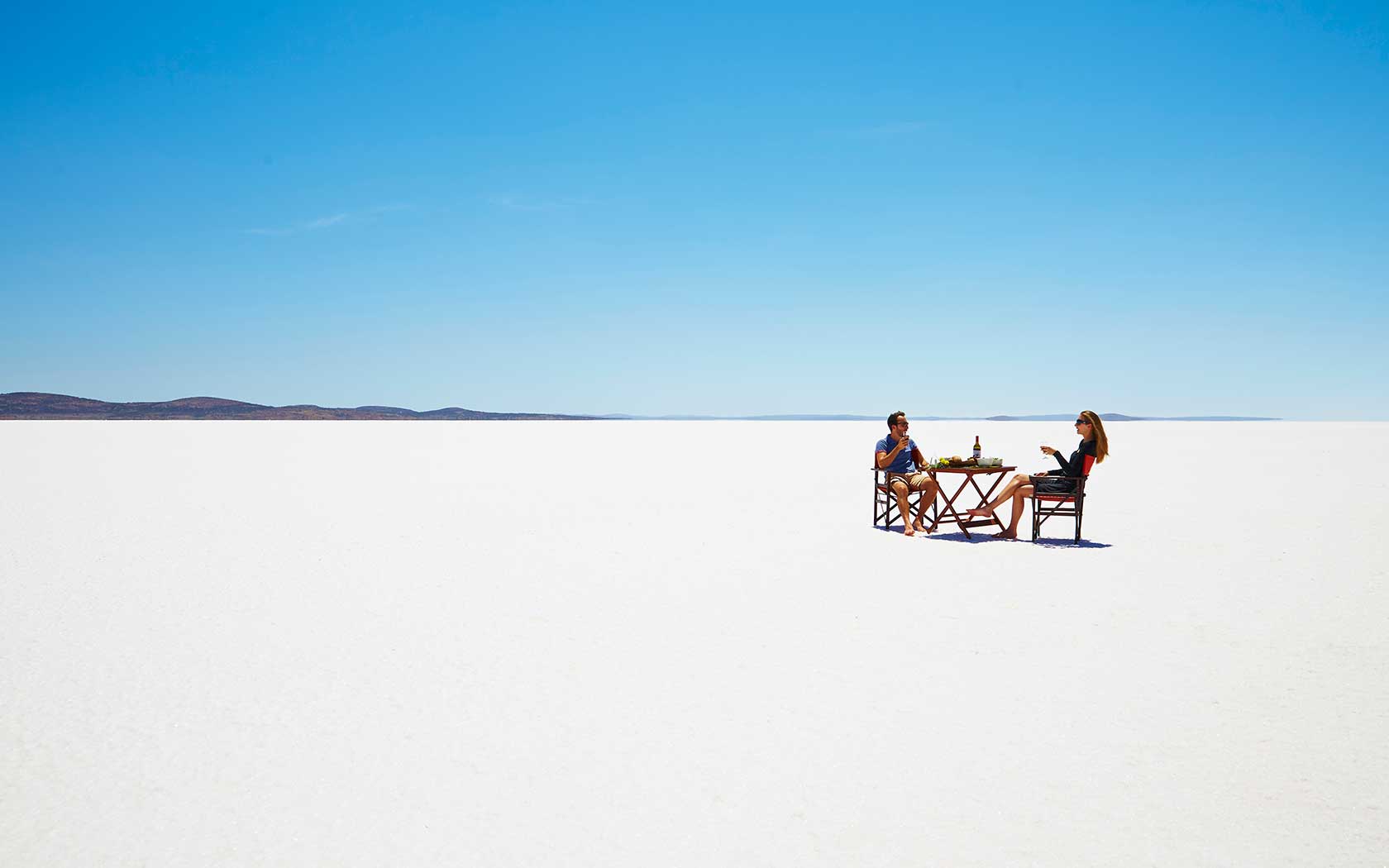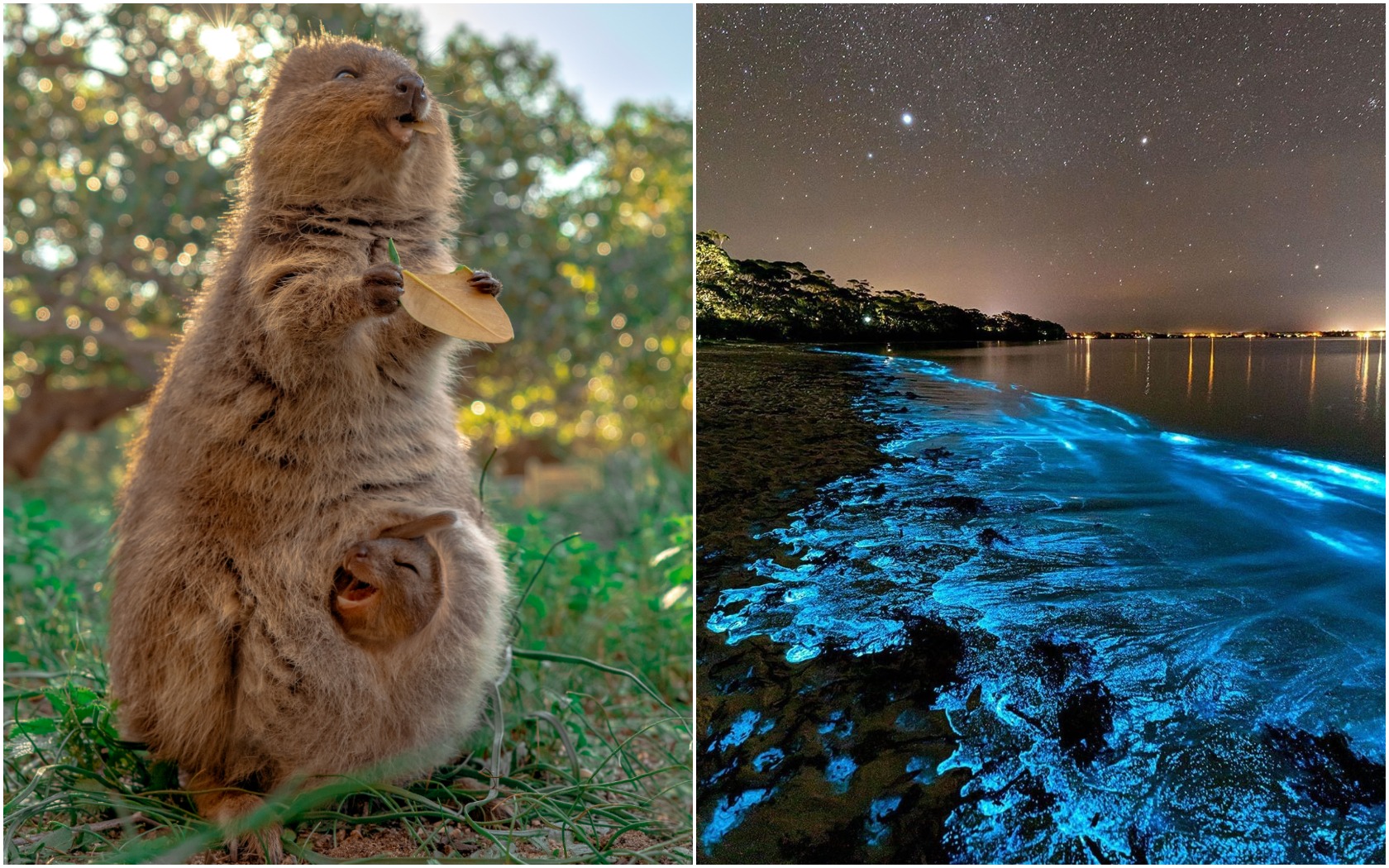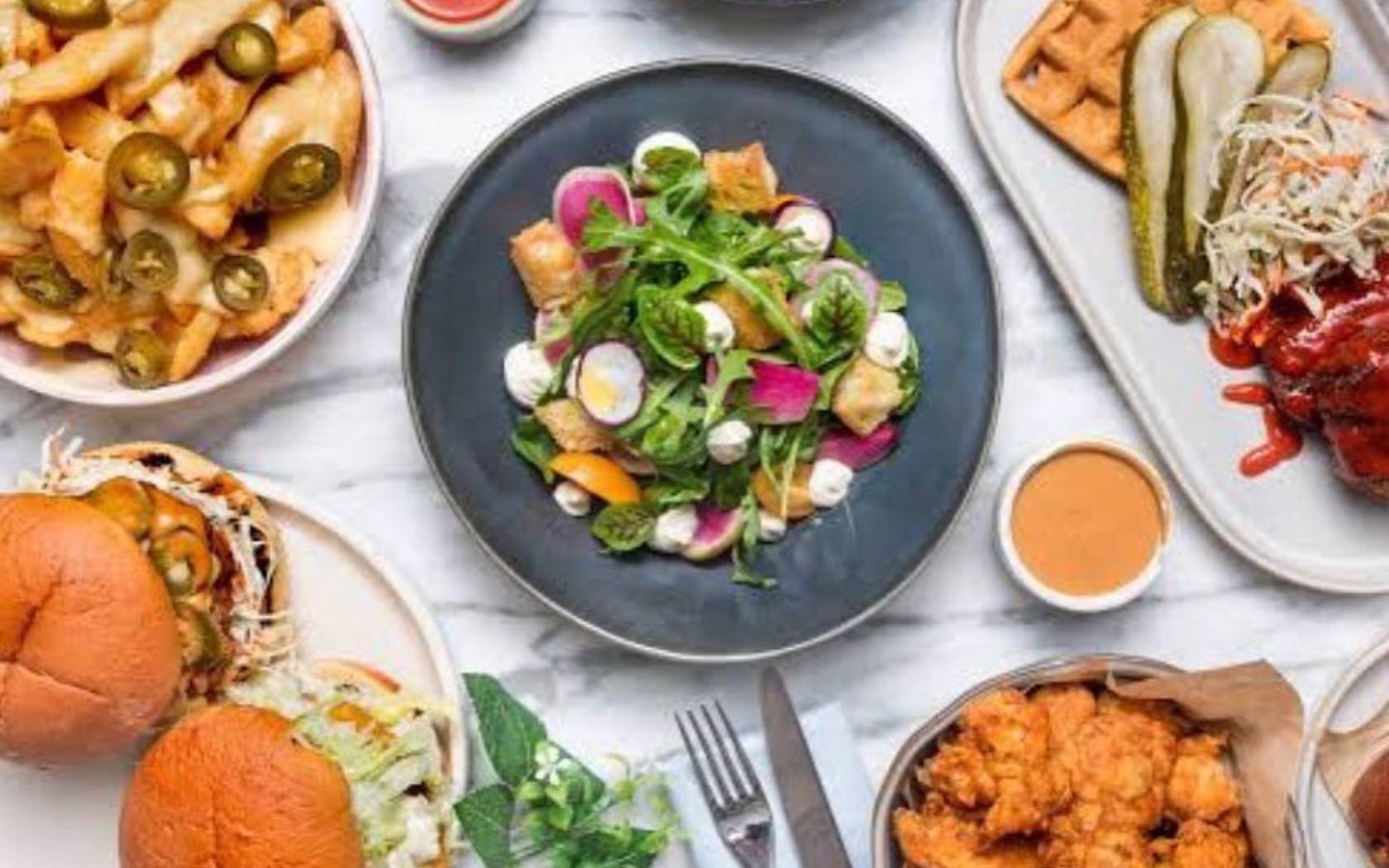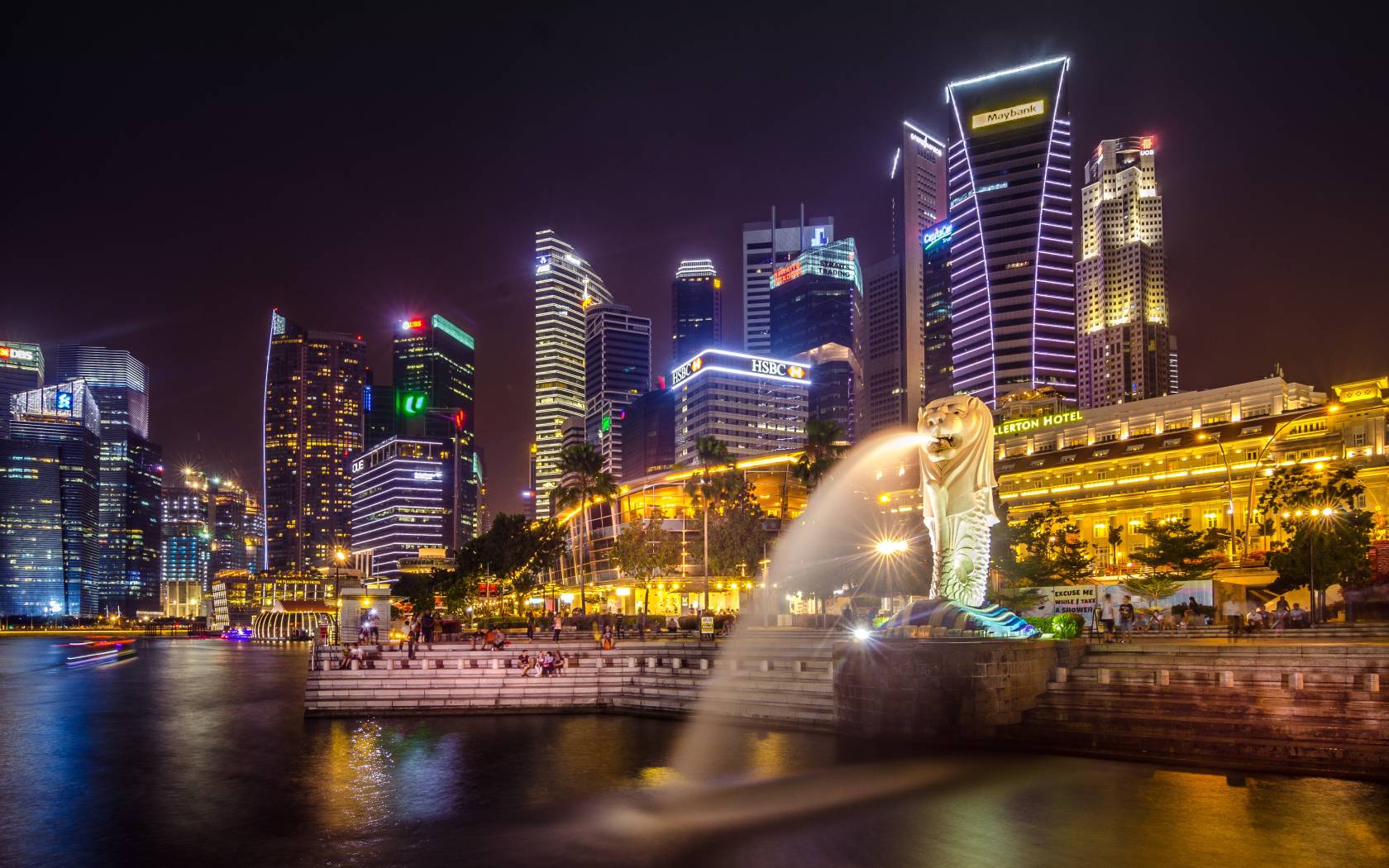Why We Need To Rethink The Way We Travel, And 5 Ways We Can Adventure More Ethically
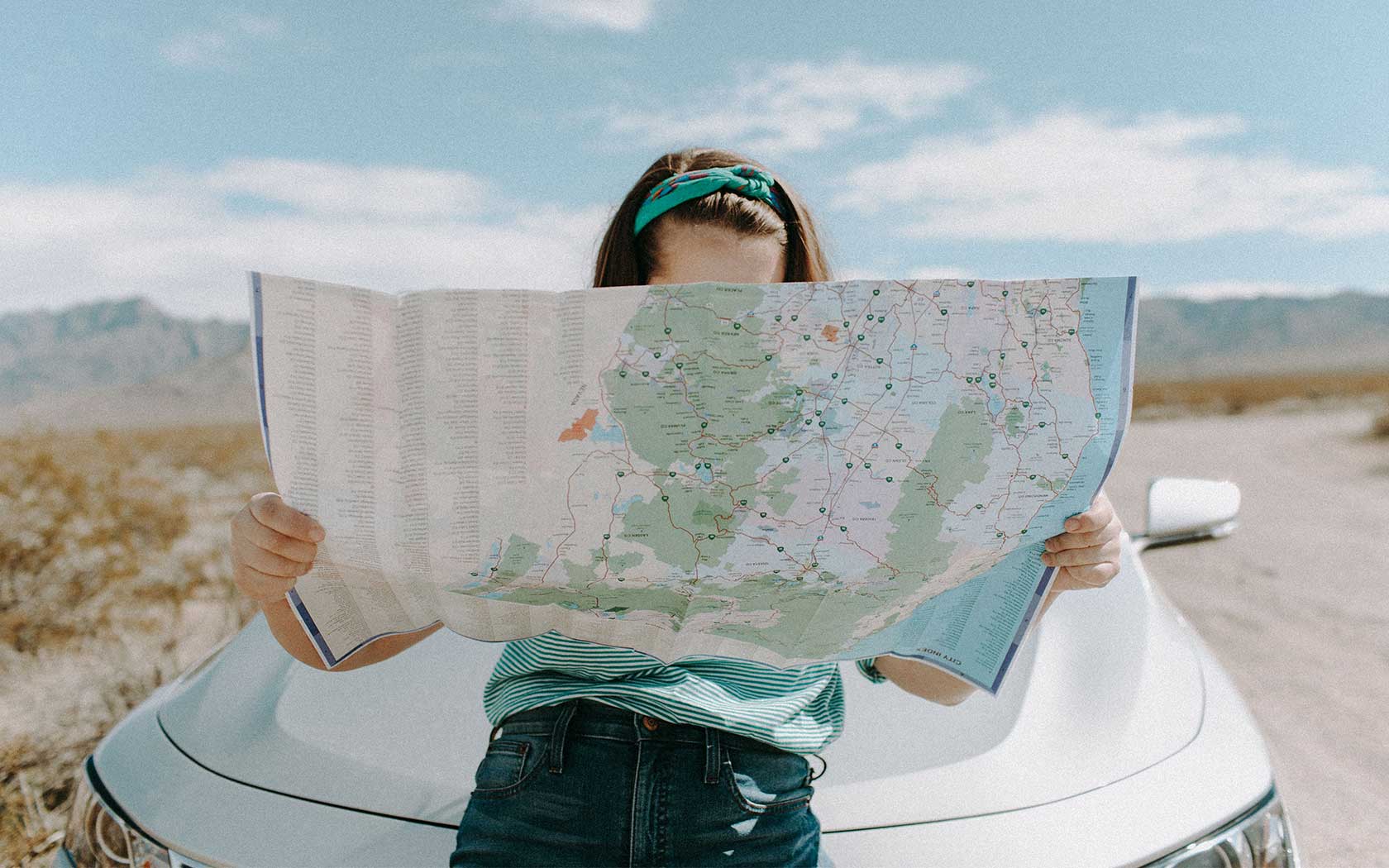
Tayla writes about travel. And she does it for anyone…
It’s been a YEAR. In fact, 2020 has been downright biblical. We’ve seen fire and flood, a global pandemic and a civil rights revolution. It’s made us reflect on the past and look to what we can change in the future. It’s been a year of uncomfortable lessons in limbo, especially for the travel industry.
Travel has changed immeasurably in the last six months. Our old ways of exploring – like, jumping on a last minute flight to Bali or crossing six European borders in a day – now seem foreign. Travel without quarantine? I don’t remember what that feels like.
And yet despite these changes, and the fact that I’m a travel writer whose life revolves around travel, I wouldn’t want to go back to how it was pre-pandemic. Instead, I would wholeheartedly vote against reinstating our former backpacking glory.
Why? Because it wasn’t good for the world. The travel cycle we’ve just left was hedonistic and immediate. Don’t get me wrong, it was also incredible. We could jump on a plane at any time and go anywhere. The world was growing smaller and more accessible.
But we were also the first generation to take travel for granted. We didn’t have to put in the hard yards, using guidebooks and post offices and paper tickets, like travellers before us. We didn’t have to save our pretty pennies for a special overseas trip, because we had Black Friday flight deals and Cyber Monday tour packages.
And while I’m notoriously bad at letting ex-boyfriends go, I do know when to let go of things that don’t serve the greater good — and fast, consumer travel is one of them.
Before the pandemic, tourism was one of the fastest-growing industries on the planet. I’m talking huge money. International travel went from making $4 billion a day in 2017 to $5 billion a day in 2018, outpacing the world economy by 1 percent.
This meant great things for the economy, but devastating things for the environment and many local communities around the world. Amsterdam was becoming almost unliveable thanks to tourist crowds and rising rent prices; paradisiacal Thai beaches were being drowned in plastic; traditional cultures in parts of Africa were in danger of tourism exploitation.
Now, I can’t speak for you, but none of those things sit well with me. That’s not ‘good’ travel. Travel, on an individual level, should broaden horizons, expand mindsets and challenge prejudices. Travel, on a wider, societal level, should support communities, create livelihoods and work to preserve cultures.
I want to see our new post-pandemic travel style align with our higher values. I want to see us travel bloody better. But how can we do that?
View this post on Instagram
First up, think local.
This might be obvious, but it’s important. Australia is the world’s sixth largest country. Hell, we have a sheep station that’s bigger than Israel. So when those cheap ass Bali flights inevitably pop back up, take a minute and ask yourself – is there a closer-to-home experience that would stoke my travel fire? Because if the pandemic has taught us anything, it’s the power of our pocketbooks in supporting local businesses.
2020 also made it abundantly clear that I, and a lot of other younger travellers, overlook Australia’s magic in search of more ‘foreign’ and exciting destinations. I’ve never seen Uluru or explored the Daintree. I’ve never driven across the Simpson Desert, swam with whale sharks or hung out with the quokkas on Rottnest Island. So why not take a leaf out of the Grey Nomad guidebook and start exploring what’s already on our doorstep?
Be more strict with your footprint.
Carbon emissions are a real thing, and offsetting your plane ticket isn’t a get out of jail free card. Remember at the beginning of COVID-19, after all international air travel had stopped and the world was standing still, when we had good news stories of dolphins returning to Venice canals and the Himalayas being visible to parts of India for the first time in decades?
This happened because we gave the earth a break. It was like hitting nature’s reset button. Air travel is a crazy big polluter, generating millions of tonnes of C02, so the question we need to start asking ourselves is – ‘is there another way to get there?’. Can I take a train, bus, boat or tuk tuk? It’s also a good idea to combo your trips, especially if you travel for work. Why take 10 one-day trips to Sydney when you could take five two-day trips? Stay longer, reduce your travel miles. Go you good thing, go.
View this post on InstagramA post shared by ALESSIA ☽☼ wild﹐simple livin’ (@greeny_nomad)
Get more regenerative.
The travel industry has been throwing around the term ‘sustainable travel’ for a while now. And while I’m pro thinking more sustainably, it’s not a travel cure-all. In a New York Times article earlier this year, journalist Elaine Glusac debuted the term ‘regenerative travel’ which focuses on leaving the world in a better state than we found it.
Basically, regenerative travel takes initiative rather than trying to retroactively offset our travel misdeeds. It aims to make post-pandemic travel greener, less crowded and more socially conscious. A bunch of forward-thinking industry players, like Intrepid Travel and Tourism New Zealand, are already implementing regenerative travel ideas into their business practices, but as an individual traveller we can still play a part. For us, it comes down to our choices. We need to choose to travel with better businesses and in a better way.
Be more mindful.
We should all just be more mindful. Period. Even outside of travelling, the practice of being aware and present will only improve your vibes. But when it comes to exploring, let’s try and be more mindful of the fact that our travels come with costs. Every trip we take has an impact.
It’s like choosing ethical fashion over fast fashion. You choose not to buy that cheap tee-shirt because it’s almost definitely been made with semi-slave labour. You can apply that mindful approach to your travel style too, by being conscious of where you’re travelling, how you’re travelling and the ways you’re spending your tourist dollars.
View this post on InstagramA post shared by Laura Quinkan Dance Festival (@lauraquinkandancefestival)
Support First Nations experiences.
This applies all over the world, but especially to Australia — because who doesn’t want to learn more about the world’s oldest civilisation? It’s an honour to have access to the wisdom and culture of our First Nations peoples. And holy moly, there are some incredible experiences on offer.
You could discover ancient rock art and stories in outback Mutawintji National Park, learn about bush tucker and cave systems on WA’s Wadandi and Bibbulman country or peruse Indigenous-lead galleries and watch art being created in Alice Springs.
Travel, after all, should be a privilege. And we should approach it with reverence and appreciation. But while travel is one of life’s greatest joys, that doesn’t mean we can’t do it better.
(Lead Image: Pexels / Leah Kelley)
Tayla writes about travel. And she does it for anyone who will let her, from Yahoo to Mildred. She is one half of Two Humans Travel and she is mostly known for her impressive kimono collection, obsession with handstanding and that time she got lost in an El Salvadorian rainforest.

